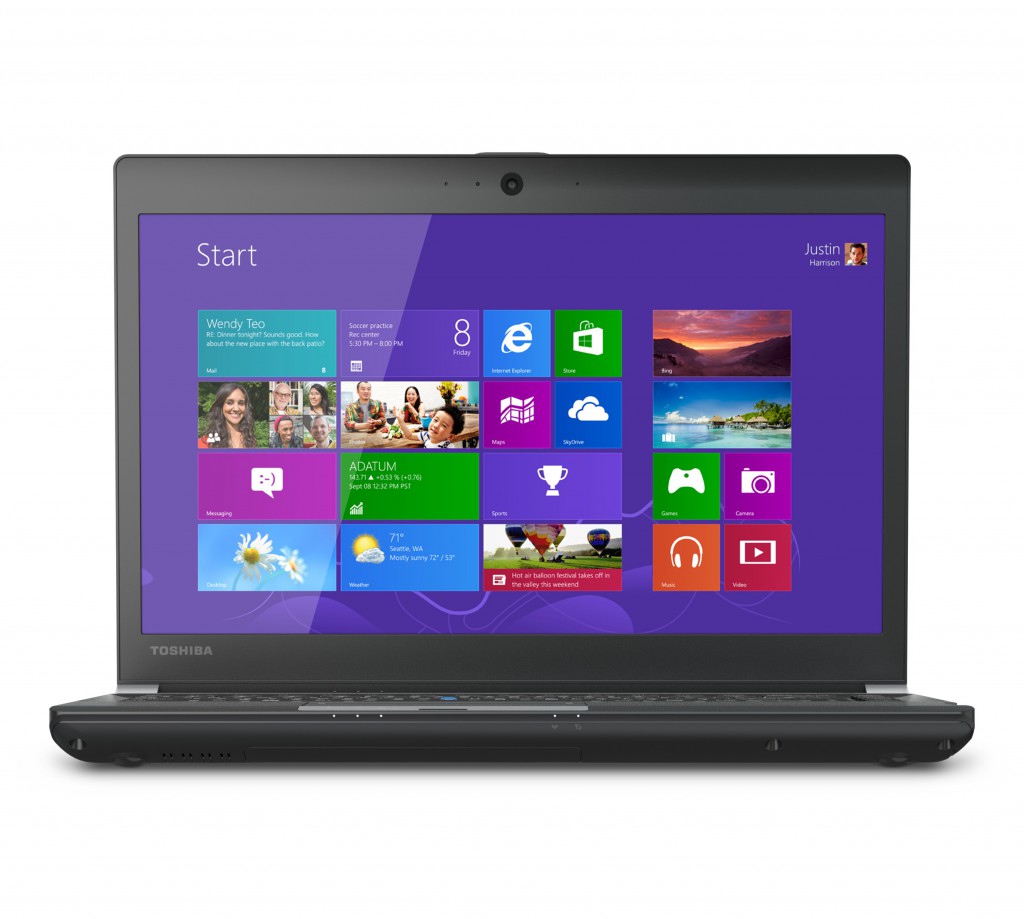Which Windows 10 laptop will be the top seller?
Early last week, Microsoft published a blog post about Toshiba’s recently announced Portege R30 laptop, praising the specs and features of the new model.
One thing that was interesting about that article is that the Windows Team behind the post, made no mention of Windows 10 in the article itself, which we found a little odd, given that the specs of the Toshiba R30 seem to reflect the perfect Windows 10 setup.
Having said that, there seems to be no mention of any particular operating system as well, even in light of the Windows 8.1 screenshot displayed in the main promotional image.

The R30 is actually impressive, featuring 16GB DDR3, 1TB hybrid drive, and 512GB SSD, built-in Intel V-Pro. The laptop integrates a 4th gen Intel Mobile Performance processor, which is one of the vague details about this new laptop, as no mention of clock speed is made either.
Why does this matter?
As Microsoft gets ready to ship its new operating system this summer, so are manufacturers, and we can expect most, if not all new laptops, desktop and Windows tablets, to ship with Windows 10, either by the end of summer, or the beginning of Fall.
With Microsoft allowing free upgrades to existing Windows 7 and 8.1 users, laptop manufacturers cannot afford to skimp on features and specs. This means, newer laptops will have more memory, more storage, and considerably faster processors than any of their predecessors.
With that said, which laptop is likely to make it big, as of Windows 10’s official release?
While Toshiba looks like a perfect candidate, with a mid-range price tag, as well as Microsoft’s personal blessing, we are prepared to bet it will not be the only one competing for pole-position.
The Samsung Ativ Book, already features elevated specs in the current models. The integration of biometric features will be especially relevant, as Windows 10 is heading towards a future in which biometric data will be used in place of passwords.
Taking a page from Apple, we can also expect the best performing Windows 10 to feature USB-C and improved wireless connectivity. Strong wireless connectivity is particularly relevant, as many Windows 10 features make use of cloud-based services, especially those using mobile authentication.
What about the Surface Pro?
Microsoft Surface is a wild card, as by the time it does ship with Windows 10, its specs will likely be different, not so much in regard to competing PC brands, but also due to Apple’s interest in USB-C, and other less proprietary technologies, making Apple suddenly a lot more appealing to PC users than before.